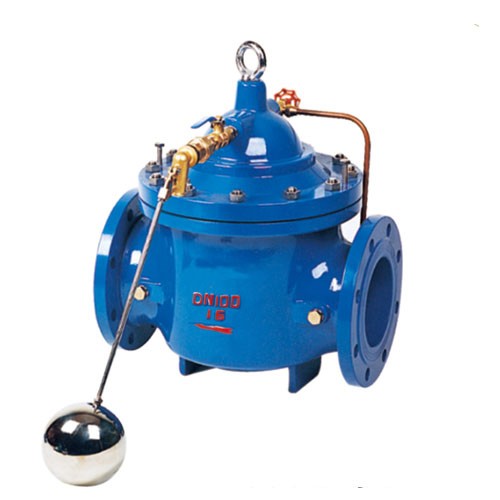flange gate valve
The Flange Gate Valve An Overview
Flange gate valves are essential components in various industrial applications, primarily used to regulate the flow of liquids and gases in pipelines. These valves are characterized by their unique design, where the valve body is connected to the pipeline using flanges, making them suitable for high-pressure and high-temperature environments.
Design and Functionality
The flange gate valve operates using a linear motion mechanism, where a gate or disk is raised and lowered to allow or restrict flow. The key feature of this type of valve is its gate, which is typically made of durable materials such as stainless steel, cast iron, or brass, ensuring longevity and resistance to corrosion. The flanged ends of the valve provide a secure connection to the pipework, facilitating easy installation and maintenance.
One of the main advantages of the flange gate valve is its ability to provide a tight seal when fully closed, making it an excellent choice for applications where leakage is a critical concern. Unlike other types of valves, such as ball or butterfly valves, flange gate valves are specifically designed for on/off control, as they do not modulate flow well when partially opened.
Applications
Flange gate valves are widely used across various industries, including water treatment, oil and gas, chemical processing, and power generation. In water distribution systems, for instance, they are employed to isolate sections of the pipeline for maintenance or emergency repairs. In the oil and gas industry, they are crucial for controlling the flow of crude oil, natural gas, and petrochemical products, ensuring safety and operational efficiency.
flange gate valve

Advantages
The flange design of gate valves provides several benefits. First, it allows for enhanced stability and robustness, especially in high-pressure applications. Second, the flanged connections simplify the installation process, as the valves can be easily bolted to the pipeline without the need for cumbersome welding. Additionally, flange gate valves are less susceptible to wear and tear, meaning they have a longer lifespan compared to other valve types.
Maintenance and Considerations
While flange gate valves are known for their durability, they do require regular maintenance to ensure optimal performance. It is crucial to inspect the seals and seating surfaces for wear and potential leaks, as well as to check the operating mechanism for any signs of obstruction. Routine maintenance can prevent unexpected failures and prolong the lifespan of the valve.
When selecting a flange gate valve, several factors should be considered, including the type of media being handled, pressure and temperature ratings, and the specific application requirements. It is essential to choose a valve that meets industry standards and is compatible with the existing pipeline infrastructure.
Conclusion
In summary, flange gate valves are vital for the efficient operation of numerous industrial systems. Their robust design, excellent sealing capabilities, and ease of maintenance make them a preferred choice for controlling the flow of liquids and gases. As industries continue to evolve, flange gate valves will remain an integral part of pipeline infrastructure, ensuring safety and reliability in fluid control applications. Whether used in municipal water systems or sophisticated chemical plants, their importance cannot be overstated.
-
The Key to Fluid Control: Exploring the Advantages of Ball Valves in Industrial SystemsNewsJul.09,2025
-
The Versatile World of 1, 2, and 3 Piece Ball ValvesNewsJul.09,2025
-
Stainless Steel Ball Valves: The Ideal Choice for Efficient Flow ControlNewsJul.09,2025
-
Optimizing Fluid Control with Ball Float ValvesNewsJul.09,2025
-
Manual Gate Valves: Essential for Control and EfficiencyNewsJul.09,2025
-
Everything You Need to Know About Butterfly ValvesNewsJul.09,2025
-
The Versatility of Wafer Type Butterfly ValvesNewsJul.08,2025




